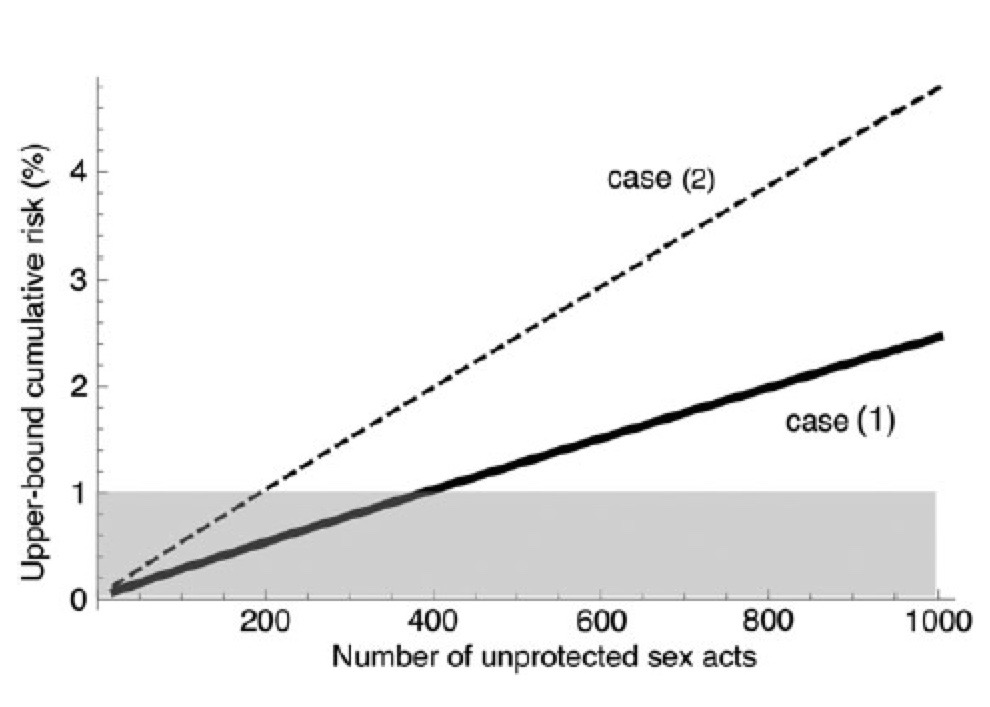HIV Prevention
(Excluding PrEP)
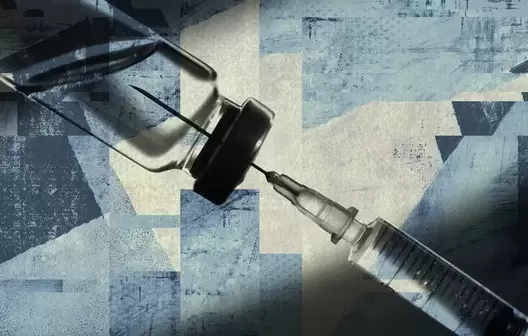
After decades of failures, researchers have renewed hopes for an effective HIV vaccine
NBC News, March 6, 2024
The world needs an HIV vaccine if it ever hopes to beat a virus that still infects over 1 million people a year. Despite 20 years of failures in major HIV vaccine trials — four this decade alone — researchers say recent scientific advances have likely, hopefully, put them on the right track to develop a highly effective vaccine against the virus. But probably not until the 2030s.
NBC News, March 6, 2024
The world needs an HIV vaccine if it ever hopes to beat a virus that still infects over 1 million people a year. Despite 20 years of failures in major HIV vaccine trials — four this decade alone — researchers say recent scientific advances have likely, hopefully, put them on the right track to develop a highly effective vaccine against the virus. But probably not until the 2030s.
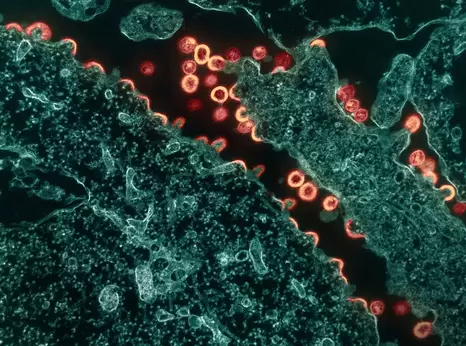
H.I.V. Groups Warn of Privacy Risks in How C.D.C. Tracks Virus Samples
The New York Times, February 9, 2024
The CDC revised its guidelines for tracking the genetic signatures of viruses collected from people newly diagnosed with HIV, a controversial practice called molecular surveillance used by state and local health departments to curb infections. The agency stopped short of adopting more significant changes that some advocates had pushed for, such as allowing health agencies to opt out in states where people can be prosecuted for transmitting HIV.
The New York Times, February 9, 2024
The CDC revised its guidelines for tracking the genetic signatures of viruses collected from people newly diagnosed with HIV, a controversial practice called molecular surveillance used by state and local health departments to curb infections. The agency stopped short of adopting more significant changes that some advocates had pushed for, such as allowing health agencies to opt out in states where people can be prosecuted for transmitting HIV.

Tennessee blocked $8 million for HIV, now ends up with $13 million, stunning advocates
NBC News, April 21, 2023
Tennessee has gone from blocking $8.3 million in annual federal funds to combat HIV to newly including $9 million in the state budget approved Thursday to combat the virus. This development came after the CDC announced that it will circumvent the state government and continue providing about $4 million in HIV-prevention funds to Tennessee nonprofit groups, despite Gov. Bill Lee’s objections.
NBC News, April 21, 2023
Tennessee has gone from blocking $8.3 million in annual federal funds to combat HIV to newly including $9 million in the state budget approved Thursday to combat the virus. This development came after the CDC announced that it will circumvent the state government and continue providing about $4 million in HIV-prevention funds to Tennessee nonprofit groups, despite Gov. Bill Lee’s objections.
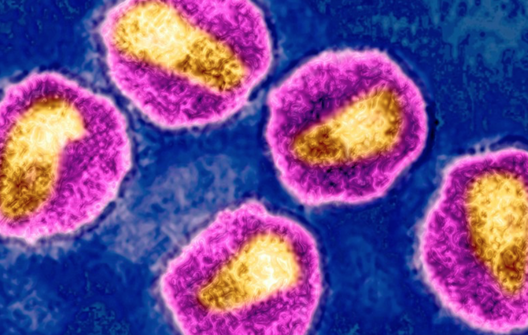
Another major HIV vaccine trial fails
NBC News, January 18, 2023
The only HIV vaccine in a late-stage trial has failed, researchers announced Wednesday, dealing a significant blow to the effort to control the global HIV epidemic and adding to a decadeslong roster of failed attempts. “It’s obviously disappointing,” Dr. Anthony Fauci. However, he said, “there are a lot of other approaches” early in the HIV-vaccine research pipeline that he finds promising.
NBC News, January 18, 2023
The only HIV vaccine in a late-stage trial has failed, researchers announced Wednesday, dealing a significant blow to the effort to control the global HIV epidemic and adding to a decadeslong roster of failed attempts. “It’s obviously disappointing,” Dr. Anthony Fauci. However, he said, “there are a lot of other approaches” early in the HIV-vaccine research pipeline that he finds promising.
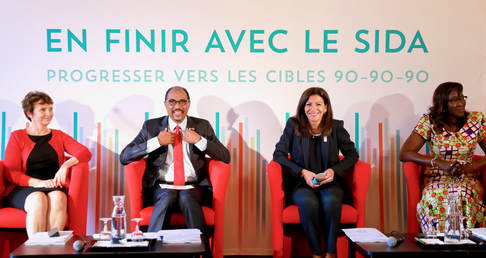
"Nevertheless They Persisted"
(POZ, September 2017)
In the face of potential budget cutbacks or continued flat funding, HIV scientists and advocates are waging a powerful war against the global epidemic. The 9th International AIDS Society Conference on HIV Science in Paris saw myriad reasons for hope but also considerable cause for concern about the future of the global fight.
(POZ, September 2017)
In the face of potential budget cutbacks or continued flat funding, HIV scientists and advocates are waging a powerful war against the global epidemic. The 9th International AIDS Society Conference on HIV Science in Paris saw myriad reasons for hope but also considerable cause for concern about the future of the global fight.
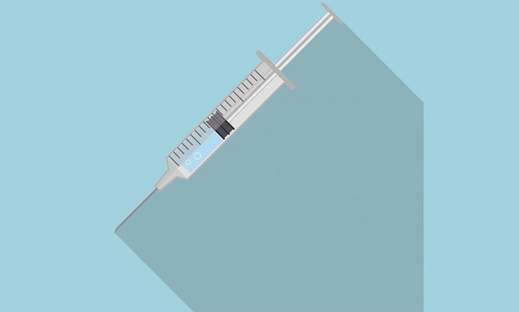
"What If the New Experimental HIV Vaccine Cuts Risk by Only Half?"
(POZ, May 2017)
By the early 2020s, the world could at last have an HIV vaccine. But in all likelihood such a vaccine would be only partially effective. What good is a vaccine that cuts HIV risk by, say, only half? Plenty. Scientists generally consider that level of efficacy the minimum threshold for rolling out an HIV vaccine on a grand scale.
(POZ, May 2017)
By the early 2020s, the world could at last have an HIV vaccine. But in all likelihood such a vaccine would be only partially effective. What good is a vaccine that cuts HIV risk by, say, only half? Plenty. Scientists generally consider that level of efficacy the minimum threshold for rolling out an HIV vaccine on a grand scale.

"Syringe Services Programs Face an Uncertain Future in the Trump Era."
(POZ, January 2017)
As Donald Trump’s inauguration fast approaches, advocates for harm reduction programs that support injection drug users (IDUs) are waiting—some are fearful; others are cautiously optimistic—for signs of how the billionaire businessman’s presidential administration may impact the future of such efforts.
(POZ, January 2017)
As Donald Trump’s inauguration fast approaches, advocates for harm reduction programs that support injection drug users (IDUs) are waiting—some are fearful; others are cautiously optimistic—for signs of how the billionaire businessman’s presidential administration may impact the future of such efforts.
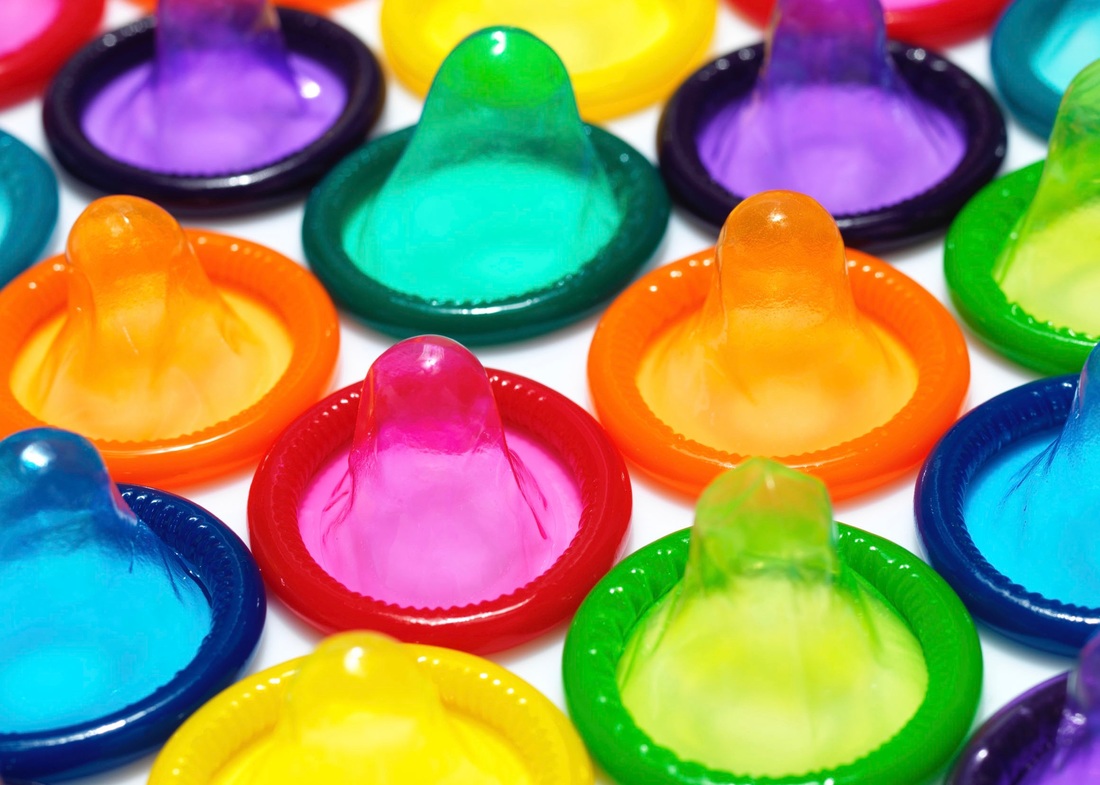
"Gay Men Are Using Condoms Less, But Their Use Varies Based on Context." (POZ, January 2016)
Nearly two-thirds of gay men in a large survey reported condomless anal sex. When they do so depends on numerous factors. |
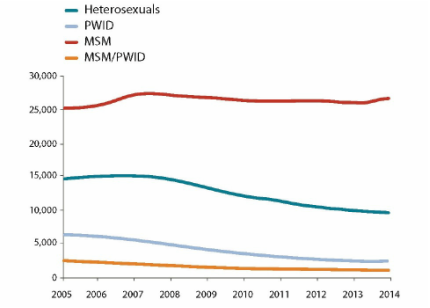
"The State of the Epidemic." (POZ, January 2016)
Following years of apparent stag-nation in the U.S. fight against HIV, recent reports suggest that things are looking up. What’s the full story? |

“ELISA Turns 30." (POZ, March 2015) Better HIV testing becomes ever more crucial as prevention efforts increase. A look back at the history of the test as well as forward to testing innovations.
“Jetsons-Era HIV Care and Prevention.” (POZ, April 2014) Futuristic highlights from the Conference on Retroviruses and Opportunistic Infections in Boston.
|
“The CDC Dives Into the Great Amer-ican Circumcision Debate.” (POZ, Jan. 2015) Do African studies' findings that circumcision lowers HIV risk in hetero-sexuals belong in U.S. health policy?
“Cut to Fit.” (POZ, Oct. 2013) Major studies support circumcision as pre-vention in Africa but a small yet vocal group argues the science is flawed.
|
“What’s Your Long-term Risk of Trans-mitting HIV?” (POZ, July 2014) How mathematical models aid understand-ing about the longterm chance of HIV transmission and the best protection.
“Too Close for Comfort.” (Out, Nov. 2013.) Why serial monogamy isn't so safe. Most HIV transmissions among gay men happen within stable sexual partnerships, not flings.
|
- POZ, Aug. 2015: “AIDS Conference Bolsters the Use of HIV Meds as Prevention.” An overview of studies presented at the International AIDS Society Conference in Vancouver, British Columbia.
- POZ, June 2015: “At Last, Gold-Standard Evidence Backs Early Treatment of HIV.” The hotly anticipated START trial, designed to answer whether starting HIV treatment at a high CD4 count is preferable to delaying, has been halted more than a year early due to powerful evidence supporting early treatment.
- POZ, May 2015: “The Audacity of New York's Hope to End AIDS” Can the Empire State end its epidemic by the end of the decade? And what exactly would it mean to do so?
- POZ, Nov. 2014: “The Treatment Divide: When’s the Best Time to Start HIV Meds?” A debate is raging between activists over whether treating HIV when CD4 cells are high is scientifically sound.
- POZ, Oct. 2014: “Selling the End of AIDS.” As slogans anticipating an end to the AIDS epidemic gain popularity, skeptics worry that such promises are hollow and unrealistically ambitious, and that failure to deliver will ultimately set back efforts to combat HIV.
- POZ, Sept. 2014: “Busting The Myth That Condoms Don’t Protect Gay Men Against STIs.” In the age of using antiretrovirals to prevent HIV transmission, some gay men have started to believe that condoms don’t matter at all, even for sexually transmitted infections.
- POZ, Dec. 2013: “PEPFAR Turns 10: Success at a Crossroads.” As history’s largest international response to a disease hits a major milestone, there is cause both for celebration of great successes and for reflection on the challenges ahead.
- HIV Plus, May 2006: “What’s Gone Wrong.” Why are HIV rates so high among black men who have sex with men?
- Gay.com, Oct. 2005: "HIV Home Testing: Is There Such a Thing as Too Private?"
- HIV Plus, Aug. 2004: “Sticking Point.” The plight of needle-exchange programs.
- HIV Plus, Oct. 2003: “Size Does Matter.” The Bill & Melinda Gates Foundation’s efforts to combat global HIV.
- The New York Observer, April 2003: “Upper West Side Greenlights Needle Exchange for S.R.O.’s.” Using harm reduction methods among injection drug users in the troubled New York City system of using SRO hotels for homeless housing.
- POZ, Dec. 2002: "Getting Cheeky."
- POZ, Sept. 2002: "Getting Snippy." Does circumcision reduce the risk of HIV?



